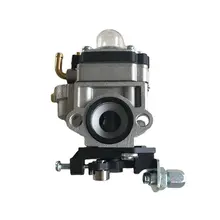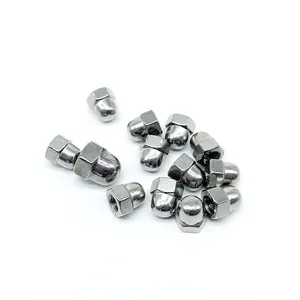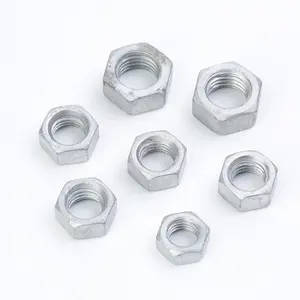Fly Nut: An Overview
Fly nuts are specialized fasteners that serve a crucial role in various assembly and construction applications. These components are adept at forming secure connections that are resistant to loosening, even under conditions that might compromise the integrity of traditional fasteners.
Types and Materials
The diversity of fly nuts encompasses a range of sizes and materials, catering to specific environmental and structural demands. Stainless steel variants are prevalent due to their corrosion-resistant properties, making them ideal for outdoor applications where exposure to the elements is a constant. Non-metallic options, such as those made from robust plastics or composites, are also available for specialized uses where metal is not suitable.
Applications and Versatility
From securing household appliances to reinforcing automobile components, the application spectrum of fly nuts is broad. Their design is particularly beneficial in scenarios where vibration or dynamic forces are present, ensuring a steadfast hold. The hexagonal shape, common among these nuts, is designed for ease of manipulation, facilitating straightforward installation and maintenance.
Features and Advantages
A notable feature of fly nuts is their locking capability, which is essential in machinery prone to high vibration and torque. The internal threading of locknuts is a testament to their design sophistication, offering a reliable solution to prevent loosening. This feature is particularly advantageous in prolonging the service life of assemblies and reducing the need for frequent maintenance.
Choosing the Right Fly Nut
Selecting the appropriate fly nut involves considering the specific requirements of the task at hand. Factors such as the material being fastened, the environmental conditions, and the type of load being applied are all critical in determining the most suitable fly nut. It is essential to match the nut to the corresponding bolt, especially in terms of material and threading, to ensure a secure fit.
Environmental Considerations
For outdoor or harsh environmental conditions, a fly nut made from rust-proof materials is a prudent choice. These nuts maintain their integrity over time, even when subjected to moisture, temperature fluctuations, and chemical exposures. In contrast, indoor applications may allow for a wider variety of materials, including those that prioritize cost-effectiveness or specific non-conductive properties.
Incorporating fly nuts into your project can be a strategic move to enhance durability and reliability. While the term fly for peanuts might suggest simplicity and low cost, it is the robustness and adaptability of these fasteners that make them invaluable in complex assemblies. Whether it's a peanut plane or any other demanding application, choosing the right fly nut is pivotal for a successful build.











































 浙公网安备 33010002000092号
浙公网安备 33010002000092号 浙B2-20120091-4
浙B2-20120091-4